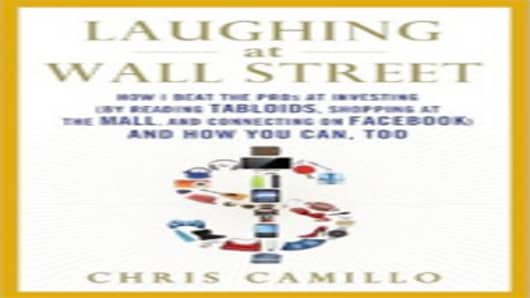I call myself an Information Arbitrage investor, meaning I buy a company’s stock upon discovery of an information imbalance, i.e., when I think I know something game-changing about that company that others don’t – and sell that stock when that game-changing information becomes widely accepted as fact by Wall Street.
The high concentration of city dwelling, middle-aged men who influence investment decisions on Wall Street create opportunities to profit from information imbalances that are most pronounced with respect to female, youth or rural oriented products, companies, and trends - so that is where I focus my energy. My type of investing places no value on fundamental or technical analysis. I don’t study balance sheets or PE ratios and you will never find me concerned about the quality of executive management at the companies I am invested in.
What I do requires zero financial literacy.
Sounds simple, right?
Truth is - the life of an information arbitrage investor is not all that different than that of a big wave surfer who sits through months of downtime, eyeing global weather and buoy reports while waiting for the next big swell to hit. Just as a the big wave surfer is at the mercy of nature and has to be prepared to travel to the ends of the world at a moment’s notice to seize the next big wave opportunity, the information arbitrage investor must be patient, ready and accepting of the timing and location of investment opportunities, and the manner in which they reveal themselves.
That is how I wound up standing in a line of several hundred women outside my local Target store at 8:00 AM this past September 13th. It was 256 days into the New Year and I had yet to find a new investment worth pursuing, but all that was about to change. Target was launching their much anticipated limited-edition apparel and housewares collection by Italian designer Missoni.
Many on Wall Street anticipated that the line would sell well in fashion forward cities like NY and LA but were unsure of how warmly the iconic designer’s signature zigzag design patterns would be embraced by Middle America.
It is in situations like this where the resourcefulness of an information arbitrage investor comes into play. If I were to believe the sentiment of my wife and female coworkers, or the online buzz that had been building for months among fashion and mommy bloggers then this day clearly had potential to go down as the most successful product launch in the company’s history.


